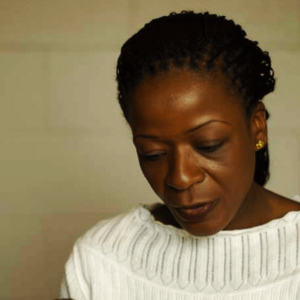York University’s Borderless Higher Education for Refugees (BHER) Project, Faculty of Education and Centre for Refugee Studies present a monthly virtual colloquium series on the intersections of refugee education, anti-Black racism and COVID-19 in Canada and East Africa.
Through a series of talks, film, and an open-mic event, experts will consider the unique challenges that the twinned pandemics pose to refugee communities and educators in Canada and/or East Africa; highlight the unique knowledge that refugee communities and the educators who work with them bring to learning in situations of constraint; and offer new lenses to make meaning of our current moment.
This colloquium is the first of its kind to feature experts from York University and from institutions that are comprised of or work with refugees in equal measure. Together, this series aims to deepen connections among refugee communities, educational leaders, and scholars within and across institutions; foster a sense of reciprocity in learning; recognize and validate the unique expertise that refugee communities bring to time- or resource-constrained situations; and educate all attendees on a range of topics relevant to refugee education, COVID-19, and anti-Black racism.
The colloquium series will be held monthly throughout the academic year at 10 a.m. online via Zoom.
This month's event is "e/Thinking and Acting Holistically in our Times: Discussions on Conceptual Multiplicity" featuring Nombuso Dlamini (York University) on Oct. 7.

What lenses do we use to give meaning to a sociopolitical and economic landscape marked by questions and uncertainties? Dlamini offers her thoughts at a time of the intersection of multiple contemporary crisis and challenges including: the global pandemic, COVID-19; the public lynching of black and indigenous people; demonstrations and protests against social injustices; national and domestic border policing; anti-immigrant sentiments; etc.
In the face of these challenges and crises is a need for the spirit of hope, healing and opportunity. The international responses to these public lynchings bring hope to a possibility of re-imagining a future that, through dialogical conversations like this one, we can start and continue to re-envision, rebuild and heal. As we move forward towards a different normality, we must acknowledge and address the wounds created and those spirits murdered.
This talk offers layers of concepts for engagement towards this new era. It is an invitation to ponder about meaning making resources and their impact and effects on the “self” as a collective – an invitation to examine interconnections between the intellect and the soul in teaching and learning. Embracing this interconnection requires that we engage thinking with tools that go beyond the familiar so as to meaningfully participate in the production of an innovative politics of existence.
Join the Zoom session at https://yorku.zoom.us/j/92694835883?pwd=T0w0cloyN1U1ZFVvZGplRjl4MWJ1Zz09.
View event flyer with full listing of scheduled talks in series
